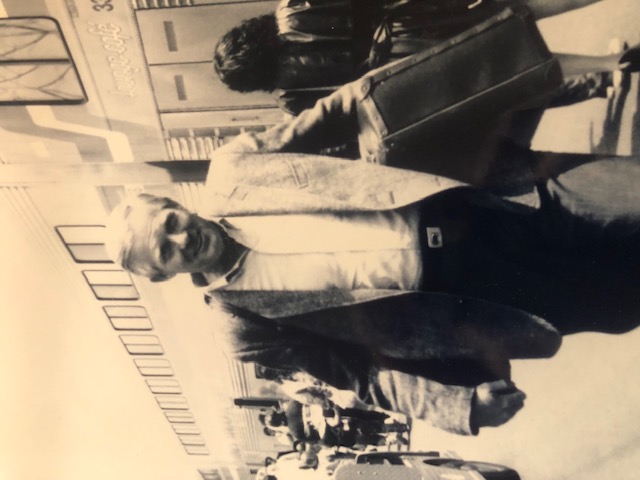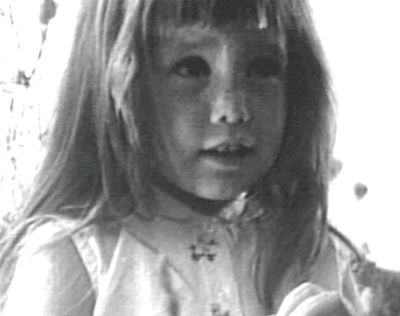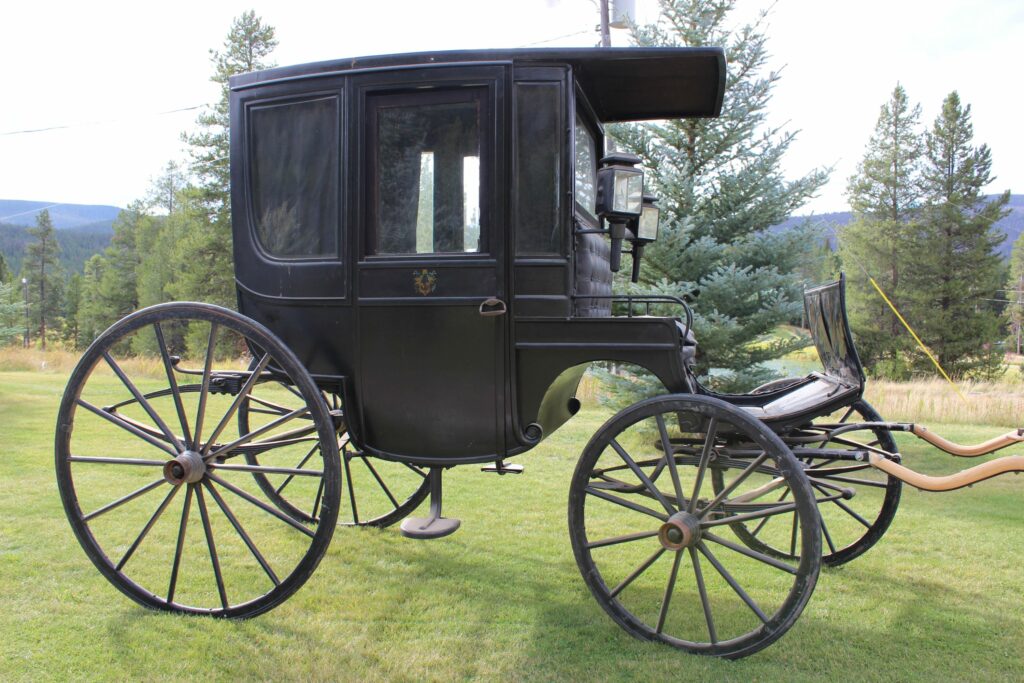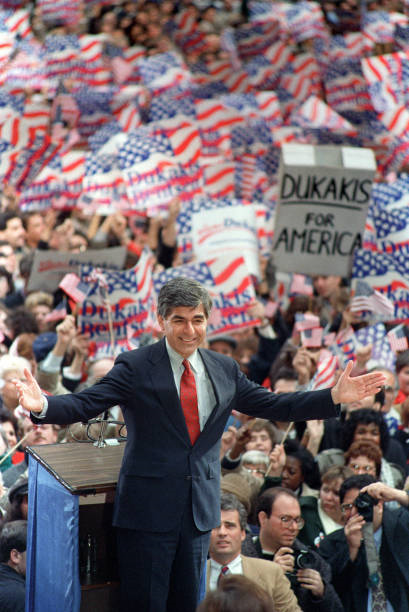Websters dictionary – Foundations a: funds given for the permanent support of an institution —

FOUNDATIONS
I never go to sleep angry when I can stay awake all night pissed off. Any perceived injustice, rightly or wrongly, broils my brain into the wee hours. The “what was said, could have said, should have been said” pummels through the hours till exhaustion sets in.
It is a rare opportunity when you get to say exactly the right words you wish you’d said, that your fury requires. Rarer still, when after saying it, you aren’t absorbed with regret and kicking yourself in the ass in the light of day.
Such is the case in an interview I gave The Chronicle of Philanthropy, published for charity leaders and foundation executives:
Question: “Is the civics work these foundations are funding doing some good?”
Answer: “Not necessarily in governance. They want a Big Mac, a quick satisfaction kind of solution to problems: Fund a program and will voters show up? Fund a program and will special interest influence disappear, etc? If you can’t strike quick gold that can be easily measured and valued, someone at the foundation that supported it isn’t going to look good.”
Question: “But you apply to foundations for grants?”
Answer: “Yes, but I constantly struggle with grant writing language that makes us appear like the champions of the latest foundation fad, when the reality is that we don’t really care what the fad is; we just mold our language to adopt it. What Vote Smart cared about last year, cares about this year and will care about next year is just one thing: That voters have the facts to make wise choices regardless of their political view and that we stay so pristinely clean that everyone could take our data to the bank. If you are going to toss power out to the mob you’d better make sure the mob knows what it is doing.
Civics grantees become contortionists who twist their needs into the never-ending new language and new ways to serve whatever the latest foundation fads are. That is the game.”
Question: “If you don’t want the money for the latest fad why ask for it?”
Answer: “Fall out. With every grant for some new project there is at least some fallout that helps us with our primary goal, our reason for being. It might be in the overhead, it might be in the volume. For example: If a foundation thinks the public cares about or should care about campaign finance information which we provide but know they aren’t asking about, what the Hell, we can still be their man. So, we don’t poopoo the project they want us to implement, we simply play Father Knows Best, give them what they want and we get the grant knowing the personnel or equipment the grant pays for will be un-used or under-utilized and thus available for other worthwhile endeavors. Sometimes all of this twisting gets pretty batty. For example, one foundation wanted to fund bi-lingual researchers to handle new immigrant callers to our Voter’s Research Hotline. That is fine with us even as we know every Spanish-speaking immigrant interested in voting research can easily get by in English, but if we let the foundation do what it wants, we get two more researchers with nothing to do, who can help us with the research and answer those phones.”
LOOK OUT, HERE IT COMES!

I THINK THE WORD “DROPPING” IS WHAT DID IT!
Question: “Why not ask for what you need?”
Answer: “We do, but all proposals need to be put in a pretty package. Some concerned people at foundations know the game and they know you know the game, but because they support what you do, will help you convince their own board with advice. Usually choosing the right words, just the right colored wrapping paper and bow that a foundation board will find attractive.
If you ask boards directly for help with your REAL year-in, year-out needs you will hear: “We do not fund existing programs,” or “We don’t provide general support,” or “We do not provide sustaining support,” or” Our new president is interested in changing directions.”
As I mentioned, few foundations will fund good government organizations or what they call “GooGoo” efforts. This is often true when a big foundation changes presidents. New presidents or boards want their own moment in the sun and will not build a reputation on the fresh droppings of their predecessors no matter how fertile those droppings may have been. Of course, that behavior makes building anything substantial or sustainable in civics education unlikely.”
Question: “What is wrong with foundations investing in new innovative ideas?”
Answer: “Nothing, if it is successful and that success continues to be nurtured, but civics success rarely is. Big foundations get bored if there are not instant results, a kind of “been there, done that, move on” mentality. Their attention span is like kids at recess. They will play for a while, and if not quickly ahead pick up their ball and go home. They do this in part because civic non-profits cannot prove success. Vote Smart cannot prove that it is enabling better self-government because of its work. It is simply reasonable to assume that if a people are going to self-govern, it would be nice to make sure they have access to abundant, accurate, relevant information.”
Question: “But don’t they start a lot of good programs?”
Answer: “They sure do, and we have many of them. We have a Reporter’s Resource Center, a K-12 Education Program, and Inclusion Programs for minorities, low-income and youth, Vote Smart at your Library Program, Congressional Snapshot programs for newspapers and radio. We have had publications for journalists, schoolteachers, and new immigrants, some printed in Spanish, Mandarin and Vietnamese. All these programs were created at the behest of some foundation, all successful, used and needed by the end users. All of those foundations that funded those programs knew at the outset that those programs had little chance of becoming self-supporting because the users had no money and almost every foundation eventually got bored or changed leaders and pulled their funds to do something else.
“By 2010, you could walk through our offices and see volunteer after volunteer struggling to sustain the remnants of such efforts or visit our archives and see them boxed up. Efforts that ate substantial portions of our funds and enormous amounts of staff and volunteer time. It is very disheartening to a volunteer-based non-profit like Vote Smart when so many of our resources are consumed by foundations that have junked their notions onto the shoulders of our students and volunteers.”
Question: “Some think commercial interests can and will provide all of this information.”
Answer: “Could be, but we can still hope that in the thousands of years of human existence we might have learned that putting all political power, which is what access to information is, in the hands of for-profits is a dangerous thing to do. They are “for profits,” and serving the bottom line is their reason for being, not We, The People. Foundations often make righteous efforts to combat special interests’ influence, while leaving voter education to those same interests who so clearly twist and manipulate information to scare voters into behaving the way they want them to in a voting booth.”
Question: “Why do you think voter turnout is so low in the U.S.?”
Answer: “It is hard to get energized choosing between your jerk and their jerk. People aren’t stupid. They know that no one can win public office without playing the game and that playing the game requires one to become damaged goods and far less honorable than voters want and should expect. The wonder is why the people take it, why they do so little to encourage and support honorable citizens they know to run and then protect them from this unseemly mess.
Let us say you and I run against each other for governor. You want to be real, do the right thing. You spend your days talking to voters, maybe in workplace meetings, churches, schools, and neighborhoods telling people why you are running, what you think, listening to what they think, sharing ideas about how to best represent them. It’s a real give and take, learning, getting to know them and they you, all that good useful stuff.
At the same time I spend all my time raising big money from the wealthy, corporations, labor unions and other large professional associations who will want access to me if elected.
In the end I will have money, you your passion for good. I will make you look foolish and I have the money to do it. I will bombard you with trashy ads all designed to humiliate you. I’ll embarrass you in front of your family and friends and there will be nothing you can do to defend yourself, because you did what was right, honorable and helpful to all, instead of what the system requires you to do, if you want to win.
That is why so few honorable people run, people you know, people in your own community, people who have spent lifetimes doing good. They aren’t going to run, it is just ugly, and they are not going to subject themselves or their families and friends to the process.”
——
This interview was never published, I presume because an old friend I worked with in Senator Mondale’s office conducted it for the Chronicle of Philanthropy and wanted to protect me.
When he told me I was angry, so like I said, I let it broil my brain into the wee hours and when I got up, I published it to foundations myself.
OOPS!
(New chapters will be added roughly once a week)
Richard Kimball, Vote Smart Founder
Sign up on my Blog at: richardkimball.org
or
Medium.com at: https://medium.com/@daffieduck2016
Comments closed



